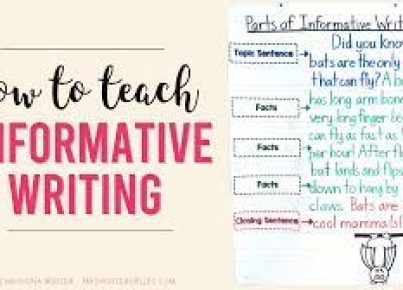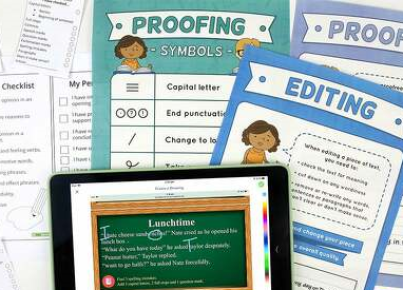Spelling is challenging for several people. There is not much research on spelling as there is on reading to let us know the number of people who don’t spell well.
There is little known about spelling competence in the general populace than is known about reading achievement. The reason for this is that many states do not test the spelling ability of kids.
What Leads to Spelling Problems?
One major misconception about spelling problems is that it results from poor visual memory of the sequences of letters contained in a word. Research has shown visual memory plays a small role in one’s ability to spell.
Spelling problems such as reading problems are a result of weakness in learning. Some people have excellent visual memory for color schemes, pictures, and mechanical drawings but find it challenging to spell.
Poor spellers often have difficulty recollecting the letters contained in a word. This is because they find it difficult to remember, notice and recall certain features which the letters stand for. Poor spellers often have some underlying language issues, such as recognizing and analyzing individual sounds.
Diagnosis of Spelling Problems
If dyslexia is a possibility, and the student is in first grade, a simple letter and phoneme awareness test can help identify the reading problem.
When a student finds it hard to remember words, a standardization test aimed at quantifying the seriousness of the problem should be given. A spelling diagnostic test should also be given to identify which syllable patterns, sounds, and parts a student does not remember.
With a spelling diagnostic test, the teacher will tell you the vowel, consonant, and word spellings the student must be taught. Also, the student must be tested on his knowledge of the most frequently used English words for writing.
Ways Children Learn to Spell
Children are quick to develop insights into how words are represented using letters while in preschool and first grade. This process moves forward if the instructions in letters and sound are explicit, systematic, and structured.
Whole word spelling gets boosted when the child comprehends that the words are composed of different speech sounds and that letters represent the sounds.
With an increase in that principal’s knowledge, children will begin to observe patterns in how letters are used. They also begin to observe recurring sequences of letters that form word endings, syllables, and suffixes. Memories of such words get formed quickly and recalled with ease when the children have a proper sense of language structure.
Concluding Thoughts
Many children encounter spelling challenges, and foundational issues fuel this problem. Understanding those issues and addressing them the right way is the best out.




